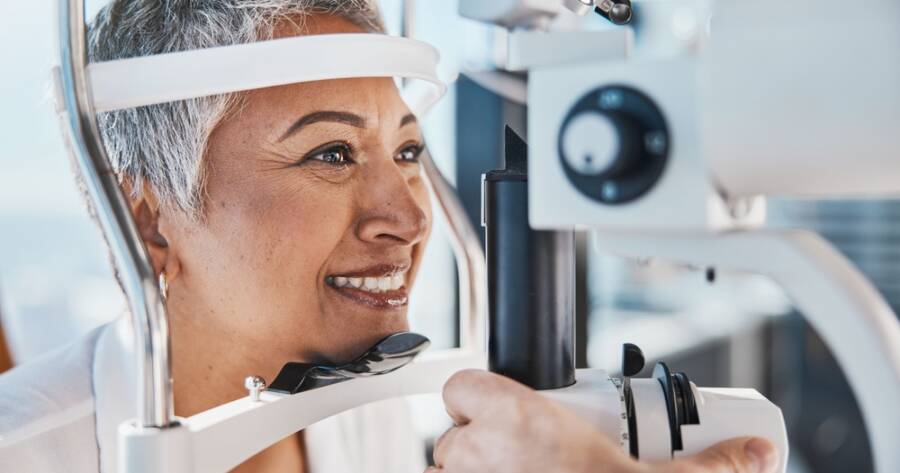Macular degeneration is a leading cause of vision loss, particularly among older adults, affecting the central vision. While there is no cure, various treatments might slow its progression and help preserve vision. With early detection and proper care, those living with macular degeneration can manage the condition effectively. Understanding the available treatment options and what to expect can make a significant difference in maintaining quality of life and vision health.
Can Macular Degeneration Be Stopped or Slowed?
While there is no cure for macular degeneration, it is possible to slow its progression, especially with early detection and appropriate treatment. For age-related macular degeneration (AMD), certain therapies can help manage symptoms and preserve vision. For dry AMD, lifestyle changes such as a nutrient-rich diet (rich in vitamins C and E, zinc, and lutein) and smoking cessation may help slow the condition.
Wet AMD, however, often requires more immediate intervention, such as anti-VEGF injections or laser therapy. Early intervention and consistent management can significantly reduce the risk of rapid vision loss, ensuring that individuals maintain a better quality of life. Regular eye exams with an ophthalmologist are crucial for monitoring the condition and adjusting treatments accordingly.
Treatment Options for Macular Degeneration
There are several treatment options for macular degeneration, and the approach depends on the type and stage of the condition. For dry macular degeneration, there is no medical treatment that can fully reverse the damage, but the AREDS2 formula—specific vitamin and mineral supplements—may help slow the progression.
Wet macular degeneration can be treated with anti-VEGF injections (vascular endothelial growth factor inhibitors) that reduce abnormal blood vessel growth in the retina, preventing further damage. Photodynamic therapy and laser surgery may also be options.
In some cases, low-vision aids like magnifying glasses and specialized glasses are recommended to help with vision impairment. Research into gene therapy, stem cells, and other cutting-edge treatments is ongoing, offering hope for future advancements.
Living with Macular Degeneration: What to Expect
Living with macular degeneration may initially present challenges, but with proper treatment and adjustments, many individuals continue to lead fulfilling lives. Those with dry AMD may notice gradual changes in their central vision, such as blurriness or difficulty reading, which can be mitigated by the use of magnifiers and other low-vision aids.
Wet AMD can lead to more rapid vision loss, but treatments such as anti-VEGF injections can stabilize the condition. It is crucial to attend regular follow-ups with an eye care specialist to monitor changes and adjust treatments.
A support system, along with adaptive technologies, can help individuals cope with vision loss. Emotional and mental well-being are just as important, and counseling or support groups may be beneficial.
How to Manage and Prevent Macular Degeneration Progression
Preventing the progression of macular degeneration often starts with lifestyle changes. A diet rich in antioxidants, healthy fats, and omega-3 fatty acids is beneficial. Foods like leafy greens, fish, nuts, and berries can provide essential nutrients for eye health. Avoiding smoking is one of the most effective ways to reduce the risk of worsening AMD, as tobacco is a known risk factor.
Protecting your eyes from UV light by wearing sunglasses and hats is also important. Regular eye exams are essential to catch any changes early, enabling timely treatment. Managing other health conditions, such as hypertension and high cholesterol, is also recommended to support overall eye health. Additionally, staying active with regular exercise helps improve circulation and reduce the risk of progression.
Staying Proactive with Macular Degeneration
Although macular degeneration can be a challenging condition, staying proactive in its management can help you maintain quality of life and slow the progression. With advancements in treatment and a comprehensive approach to health, it’s possible to live well with the condition.
Regular check-ups, a healthy lifestyle, and the right treatments will empower you to navigate the changes while preserving your vision for as long as possible. Always work closely with your eye care provider for the best outcomes.

